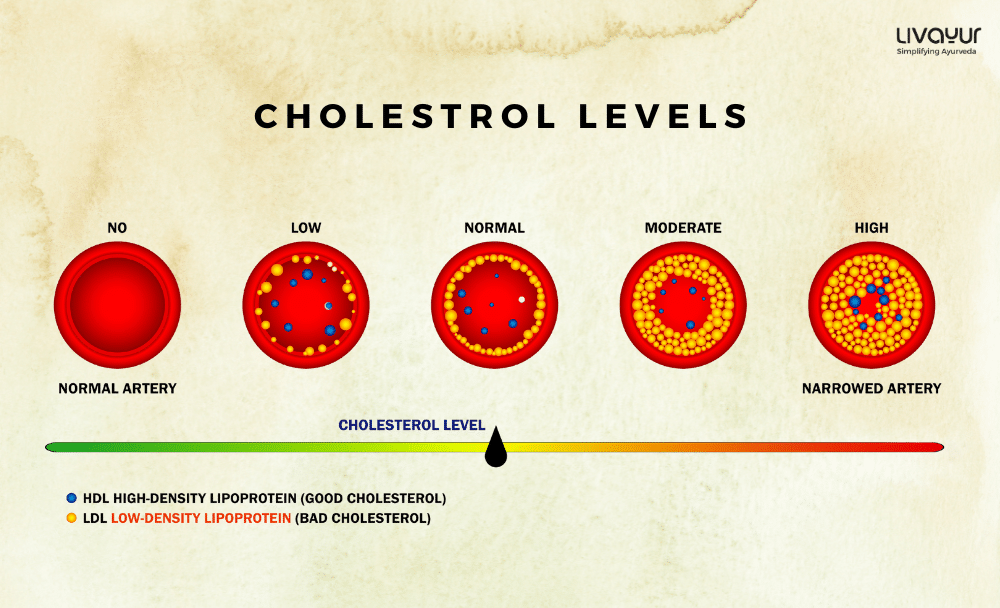
Cholesterol is a lipid molecule produced by all animal cells and is essential for maintaining the structure and fluidity of cell membranes. Abnormal levels of blood lipids, known as dyslipidemia, are a major risk factor for heart disease. High cholesterol levels are a major concern for many people, as they can increase the risk of heart disease and other health problems. While medication can be effective when you look for ways how to reduce cholesterol, there are also several natural methods that can help reduce cholesterol levels. By adopting a healthy lifestyle and making certain dietary and lifestyle changes, you can actively manage your increasing cholesterol levels and boost your cardiovascular health.
According to studies, to enhance the effectiveness of a healthy diet in reducing cholesterol levels, it is important to incorporate cholesterol-reducing foods such as green vegetables, fruits, avocados, fish oil, almonds, and nuts into the dietary strategy. Studies have also shown that these foods can individually lower serum cholesterol levels by 4-7%. Apart from this, physical activity plays a role in improving lipid profiles and works wonders if you are thinking about how to reduce LDL cholesterol. It can directly contribute to reducing body weight, which in turn positively impacts cholesterol levels. Even without weight loss, physical activity can still have a beneficial effect on lipids. When weight loss occurs alongside physical activity, it typically leads to lower levels of low-density lipoprotein (LDL) cholesterol and total cholesterol.
Adopting a diet to reduce cholesterol that includes functional foods and engaging in regular physical activity can be powerful nonpharmacological approaches to improve blood lipid profiles. These lifestyle modifications, along with the recommended dietary changes, offer effective strategies to reduce cholesterol and the risk of cardiovascular disease. This article will expand your knowledge on cholesterol management by informing you about the 15 ways on how to reduce cholesterol naturally. [1]
How to reduce cholesterol naturally
- Eat a Heart-Healthy Diet
A heart-healthy diet is one of the most important factors in managing cholesterol levels. Include cholesterol-reducing foods which are rich in dietary fiber. Whole grains, fruits, veggies, and legumes are fiber-loaded foods and should be consumed adequately. You can also include sources of omega-3 fatty acids like fatty fish, flaxseeds, chia seeds, and walnuts, as they can reduce LDL (bad) cholesterol levels. [2]
- Limit Saturated and Trans Fats
Saturated and trans fats can cause LDL cholesterol spikes. Know how to reduce cholesterol levels by curbing your consumption of food items loaded with tons of saturated fats. Thus, foods like full-fat dairy, tropical oils & fatty meats need to be avoided. Instead, choose cholesterol-reducing foods and unsaturated fat sources like nuts, extra virgin olive oil, and other non-hydrogenated vegetable oils. [2]
- Eat Nuts
Nuts, such as almonds are rich in healthy fats, fiber, and plant sterols. Regular intake of nuts has been linked to lower LDL cholesterol levels. [1]
- Quit Smoking
Smoking lowers HDL cholesterol and raises LDL cholesterol and triglycerides. Quitting smoking is essential for improving overall cardiovascular health and reducing cholesterol levels. [3]
- Limit Alcohol Consumption
Excessive alcohol consumption can lead to higher cholesterol levels. Restrict your intake of alcohol to moderate levels or avoid it altogether if you wish to learn how to reduce cholesterol levels. [3]
- Increase Consumption of Healthy Fats
Replacing unhealthy fats with healthier alternatives can help lower cholesterol levels. Include cholesterol-reducing foods and monounsaturated fats found in olive oil, avocados, and nuts. Additionally, consume polyunsaturated fats present in fatty fish, sunflower seeds, and soybeans. These healthy fats are great if you are looking for ways on how to reduce cholesterol levels. [2]
- Exercise Regularly
Physical activity has numerous benefits, including lowering bad cholesterol levels and increases in high-density lipoprotein (HDL) cholesterol. Engage in aerobic exercises as this is the best method if you want to know how to reduce LDL cholesterol. [4]
- Maintain a Healthy Weight
Excess weight can contribute to higher cholesterol levels. Shedding even a modest amount of body weight can have a favorable impact on your cholesterol profile and lower triglycerides, LDL cholesterol, and glucose levels in your blood and a good way if you are wondering how to reduce bad cholesterol. [5]
- Increase Consumption of Plant Sterols
Plant sterols are naturally occurring substances in plant-based foods that can help reduce cholesterol absorption. Include foods fortified with plant sterols, such as vegetable oil-based margarine, yogurts, and yogurt drinks as part of a balanced diet and see how to reduce bad cholesterol. [6]
- Consume Green Tea
Catechins in Green tea have been associated with lower levels of plasma triglycerides, total cholesterol (TC), and low-density lipoprotein (LDL) cholesterol. [7]
- Incorporate Garlic into Your Diet
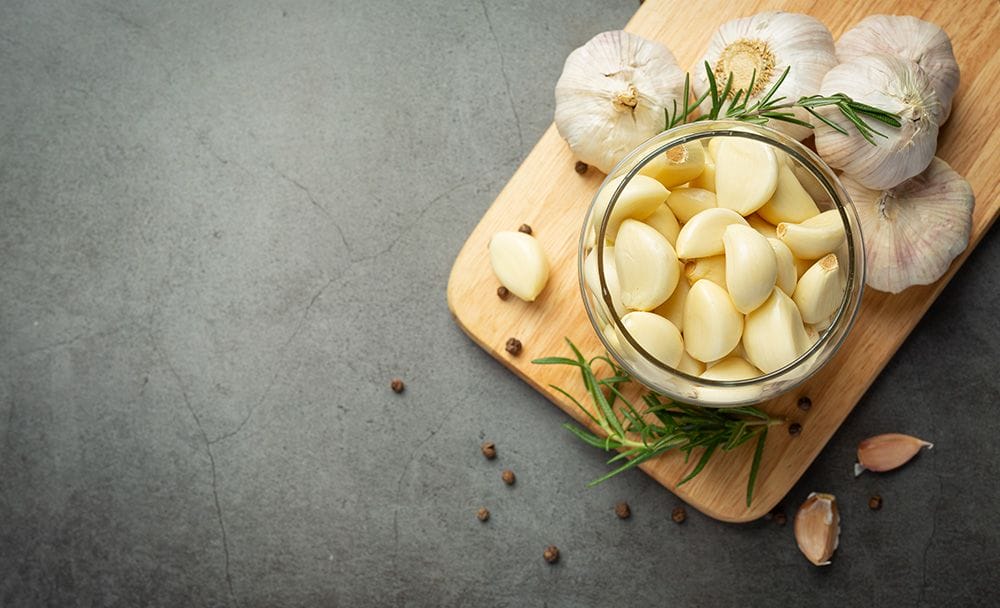
Garlic has been found to have cholesterol-lowering properties. If you want to know how to reduce cholesterol, include fresh garlic in your cooking or consider taking half to one clove of garlic per day as it helps lower cholesterol levels by approximately 10%. [8]
- Manage Stress Levels
Chronic stress resulting from either personal conflict, social and family problems, or working can contribute to higher cholesterol levels. [9] Engage in stress-reducing activities like meditation, and communicating with friends & family, listening to music or practicing a hobby that can de-stress you. Trying out relaxation measures will let you understand how to reduce cholesterol. [10]
- Get Sufficient Sleep
Sleep deficiency can heighten the risk for hypercholesterolemia by increasing appetite and dietary consumption of saturated fats and contribute to higher cholesterol levels. Aim for adequate and quality sleep each night to promote overall well-being, including healthy cholesterol levels. [11]
- Consume More Fiber-Rich Foods
Increasing soluble fiber intake can lower cholesterol levels. Include some fruits, vegetables, oats, and barley in your daily meals as they can help lower blood cholesterol by several mechanisms. [12]
- Stay Hydrated
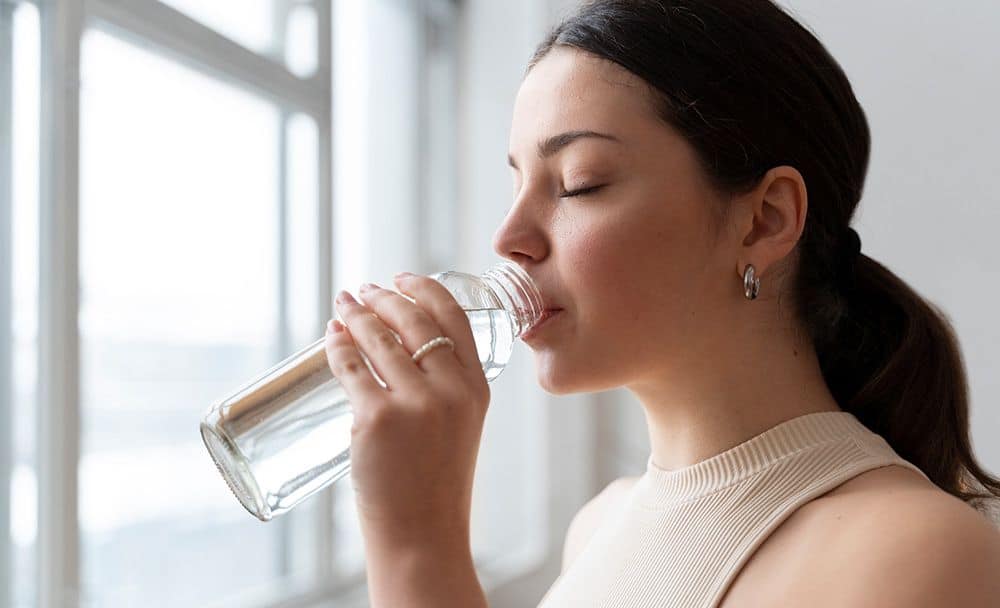
Drinking an adequate amount of water helps maintain overall health, including proper cholesterol management. Aim to drink at least 2.7 and 3.7 L of water per day to stay hydrated. [13]
FAQs
1. How to reduce cholesterol in 30 days through Ayurveda?
To learn how to reduce cholesterol in 30 days, follow the below methods:Follow a strictly Kapha-pacifying diet: Avoid fatty food, cheese, processed foods, high-fat milk, or yogurt, and cut down on the consumption of sweets and cold foods and drinks.
Tea: Prepare tea with a teaspoon of cinnamon and one-fourth teaspoon of trikatu. Add one teaspoon of honey and drink twice a day.
Warm water with honey: Drink one cup of hot water mixed with honey. You can also add one teaspoon of lime juice or nearly 10 drops of apple cider vinegar to make the drink more effective.
Chitrak-adhivati: This is another herb that has been known to help if you are looking for ways on how to reduce cholesterol in 30 days.
Garlic: Garlic is said to be the most effective if you want to know what reduces cholesterol quickly. Mix together one clove of fresh garlic chopped finely, half a teaspoon of grated ginger root, and half a teaspoon of lime juice, and eat this mixture before each meal.
2. How to reduce cholesterol in 7 days?
To know how to reduce cholesterol in 7 days opt for oats as your breakfast food as they energize you, and have more soluble fiber that eliminates LDL cholesterol.
3. What reduces cholesterol quickly?
If you wish to know what reduces cholesterol quickly, focus on fruits, vegetables, whole grains, beans, and legumes, as opposed to red meats and high fat intake. Eat more plant sources of protein, exercise regularly, and get adequate sleep.
Conclusion
Knowing how to reduce cholesterol levels naturally is an important step toward maintaining good cardiovascular health. By adopting these 15 natural methods, such as following a heart-healthy diet, exercising regularly, and managing stress levels, you can effectively manage your cholesterol levels. This way you can take charge of your cholesterol levels, and prioritize your heart health for a happier and healthier life.
Disclaimer:
This article is written from a health and wellness perspective only and is not a piece of medical advice. Kindly seek the help of a certified medical practitioner before initiating any treatment.
References:
- Nonpharmacological cholesterol-lowering approach: Managing cholesterol naturally
- A Heart-Healthy Diet: Recent Insights and Practical Recommendations
- The effects of cigarette smoking and alcohol consumption on blood lipids: a dose-related study on men
- Effects of different exercise training intensities on lipoprotein cholesterol fractions in healthy middle-aged men
- Aim for a Healthy Weight
- LDL-Cholesterol Lowering of Plant Sterols and Stanols—Which Factors Influence Their Efficacy?
- Effect of green tea consumption on blood lipids: a systematic review and meta-analysis of randomized controlled trials
- Effect of Garlic and Lemon Juice Mixture on Lipid Profile and Some Cardiovascular Risk Factors in People 30-60 Years Old with Moderate Hyperlipidaemia: A Randomized Clinical Trial
- What are the effects of psychological stress and physical work on blood lipid profiles?
- Manage Stress
- Short sleep duration as a risk factor for hypercholesterolemia: analyses of the National Longitudinal Study of Adolescent Health
- Dietary Fiber, Atherosclerosis, and Cardiovascular Disease
- Water Intake and Markers of Hydration Are Related to Cardiometabolic Risk Biomarkers in Community-Dwelling Older Adults: A Cross-Sectional Analysis




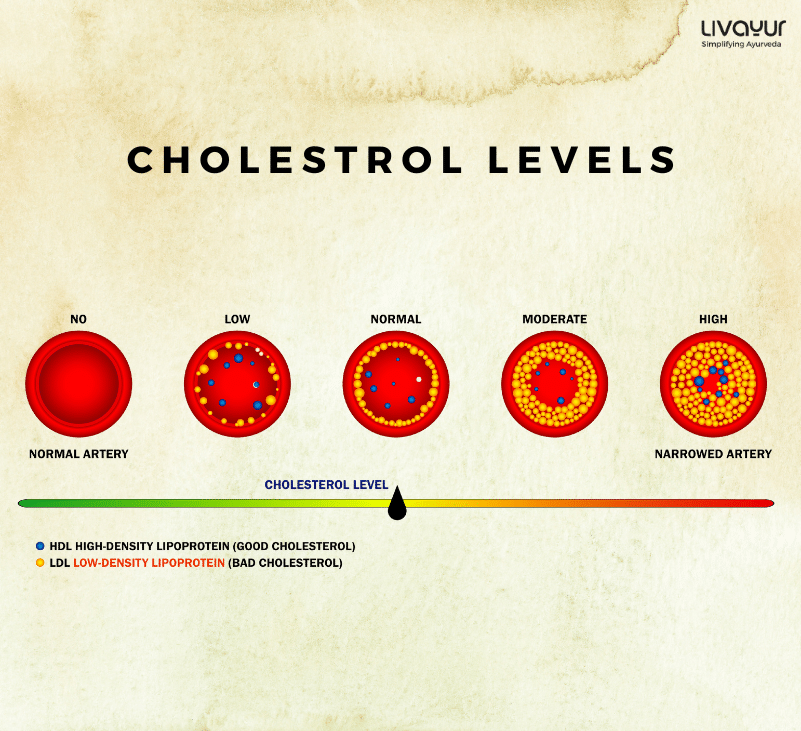
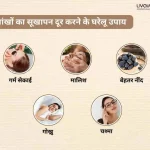
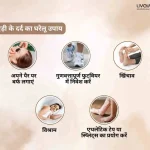
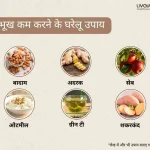
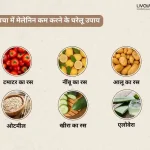
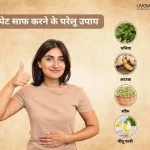





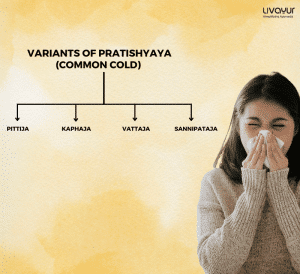
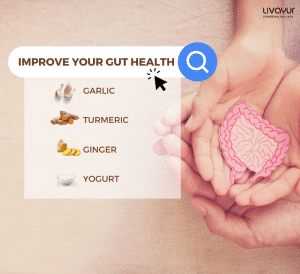
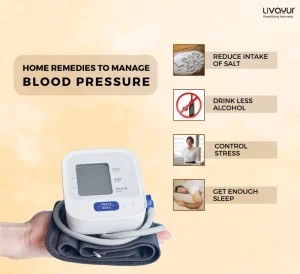
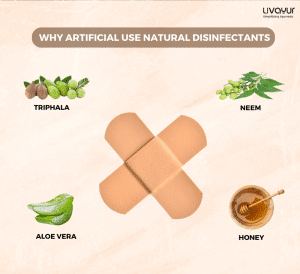







1 Comments